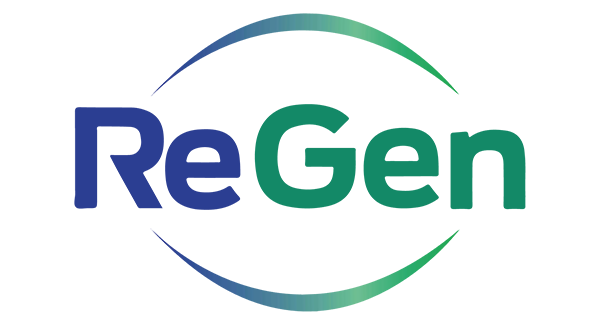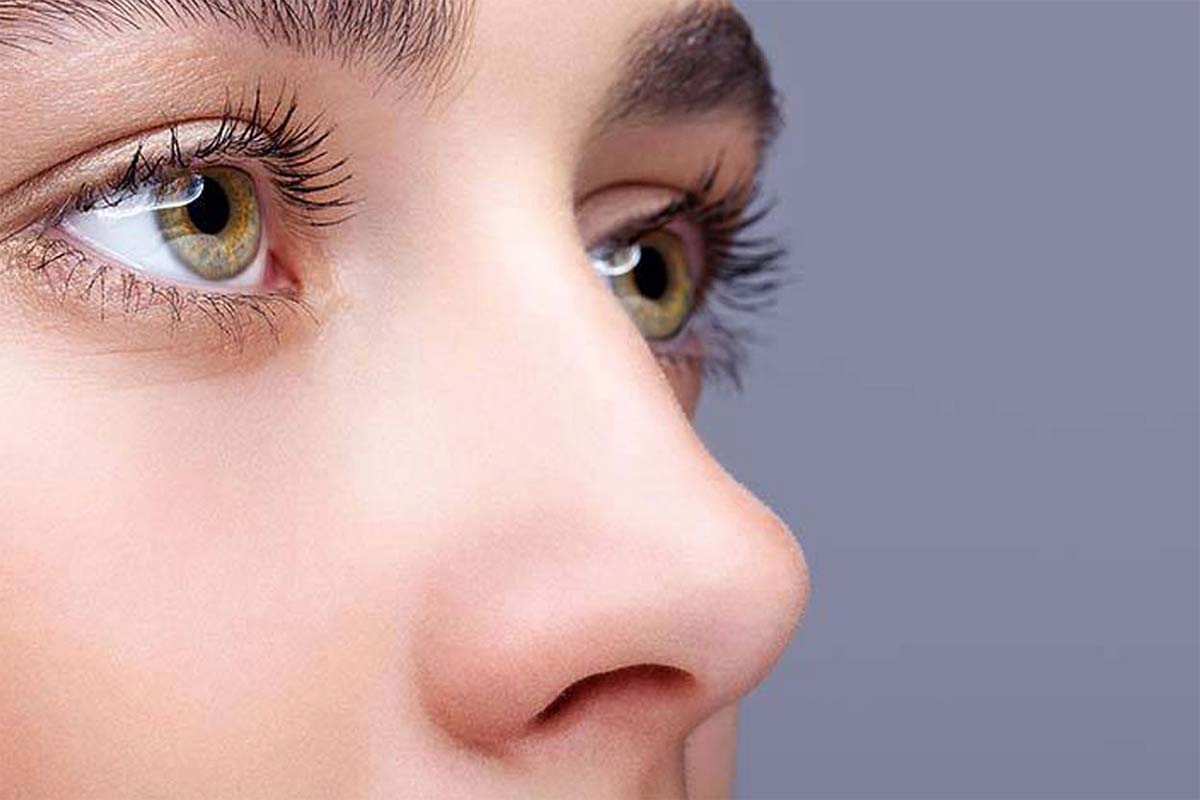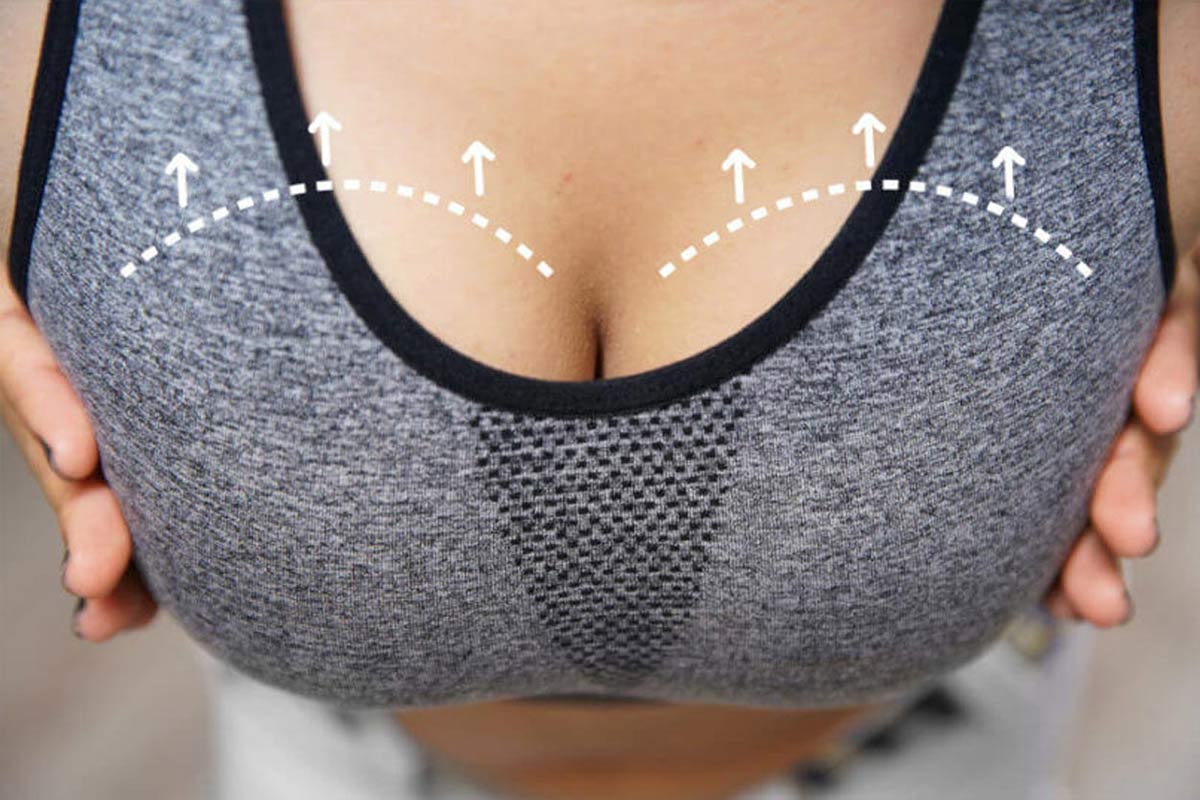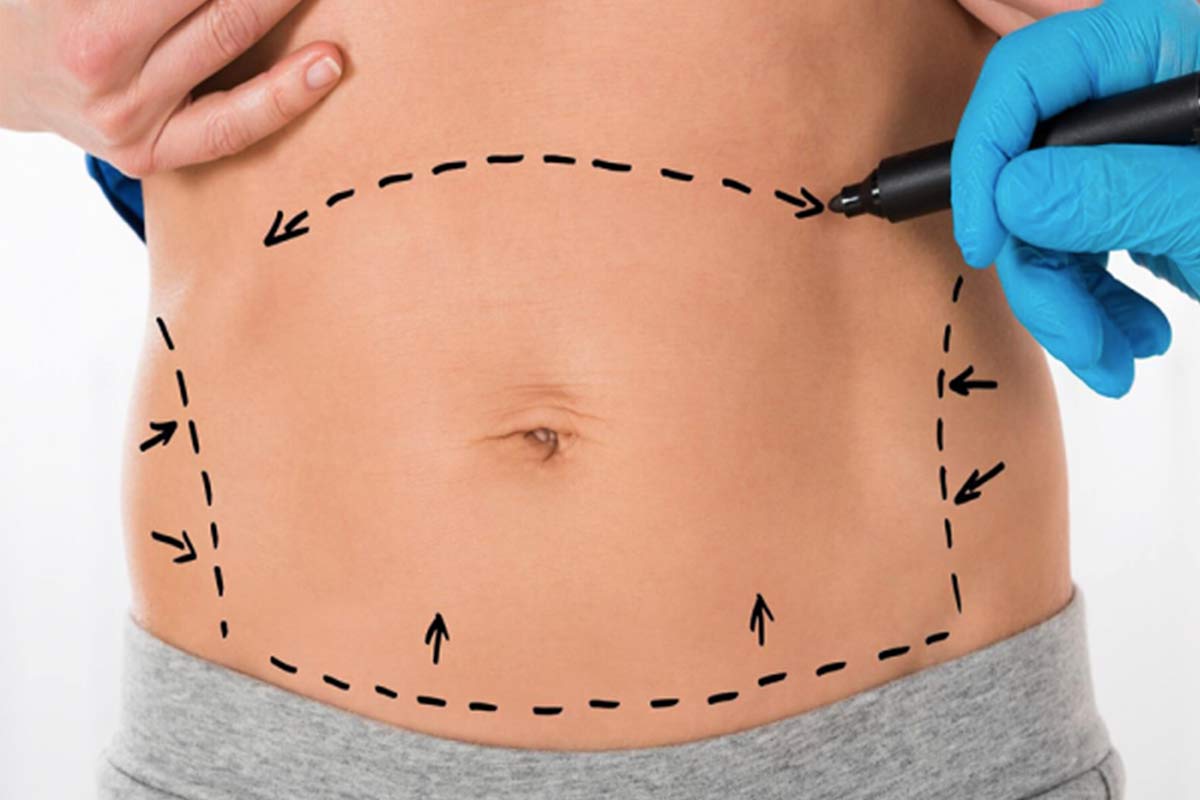Secondary Rhinoplasty
We understand the needs of our patients and manage your operational processes in sterile environments with first-class equipment, without risking your health.
What is Secondary Rhinoplastys?
Re-treatment and surgery of the disorders that cannot be corrected or that occur after the operation despite the person’s rhinoplasty is called secondary (revision) rhinoplasty.
You can reach our specialist physicians at 0212 481 22 88 – 0530 542 46 95 or click to make an appointment and get directions.
A more aesthetic and natural appearance can be obtained thanks to revision rhinoplasty, which can be defined as the repetition of the same rhinoplasty method. If the correction nose aesthetic surgery to be applied requires less touch than the other surgery, it is called retouching.
Why is Revision Rhinoplasty Performed?
One of the reasons for requiring revision rhinoplasty is that inexperienced surgeons undertake the operation. Deformations made by people who are not plastic surgeons made this surgery necessary. Reasons such as the tip of the nose not being high, the nose being lowered, the nose being shorter or longer than it should be, and the deterioration of the face proportion may be due to the inexperience of the surgeons. Like this surgery, nasal tip aesthetic surgery also helps to improve the appearance of the nose.
The other reason is minor defects that can occur even if the most experienced surgeons have done it. With small interventions, the appearance of the nose is improved.
How is Secondary Rhinoplasty Performed?
Secondary rhinoplasty can be performed with open or closed technique, depending on the condition of the first operation and the structure of the nose. After secondary rhinoplasty, which is completed by shaping the bone, cartilage, and soft tissue, a more aesthetic appearance is tried to be obtained by intervening in cases such as asymmetrical appearance, height, or low nose tip.
In the second rhinoplasty, studies are also performed on the cartilage in the nose or in cases where it is deemed necessary. In cases where the cartilage in the nose is insufficient, cartilage reinforcement is made from the ribs.
Secondary Rhinoplasty Recovery Process
The patient is discharged the day after secondary rhinoplasty. Cold compresses are applied to help the patient to relax and shorten the recovery time. In addition, keeping the head up constantly accelerates the healing process. For the first four days, the nose should not come into contact with water. The patient can return to work in the week after the operation, can start wearing glasses after two months, and can swim after 8 weeks. It takes the shape of the nose in an average of 1 year.
Considerations After Secondary Rhinoplasty
As with rhinoplasty, things to be considered before and after secondary rhinoplasty accelerate the healing process.
It is recommended to be fed with liquid and soft foods in the first days. Post-operative leakage and bleeding are normal, but in case of excessive bleeding, doctors should be contacted. Heavy and hard activities should be avoided for at least 1 month. Medicines recommended by the doctor should be used.
Our treatments
Contact Us
Make an appointment
We are always at your service with our specialist doctors for our valuable patients.
Frequently Asked Questions
We tried to answer the most frequently asked questions by our patients. Call us for more detailed information and to meet us.
Secondary rhinoplasty, which is applied when the surgeon removes more or less tissue than necessary, is a more difficult and complex procedure than the first aesthetic.
Depending on the condition of the nose, the duration of the operation varies. Sometimes it can be completed in 30 minutes, sometimes it can be completed in 4 hours.
It is necessary to wait at least 6 months for the result of the first surgery to be seen. The ideal waiting period for secondary rhinoplasty is between 10 and 12 months.
Revision rhinoplasty prices vary according to the structure and condition of the nose. You can contact us for more information.




